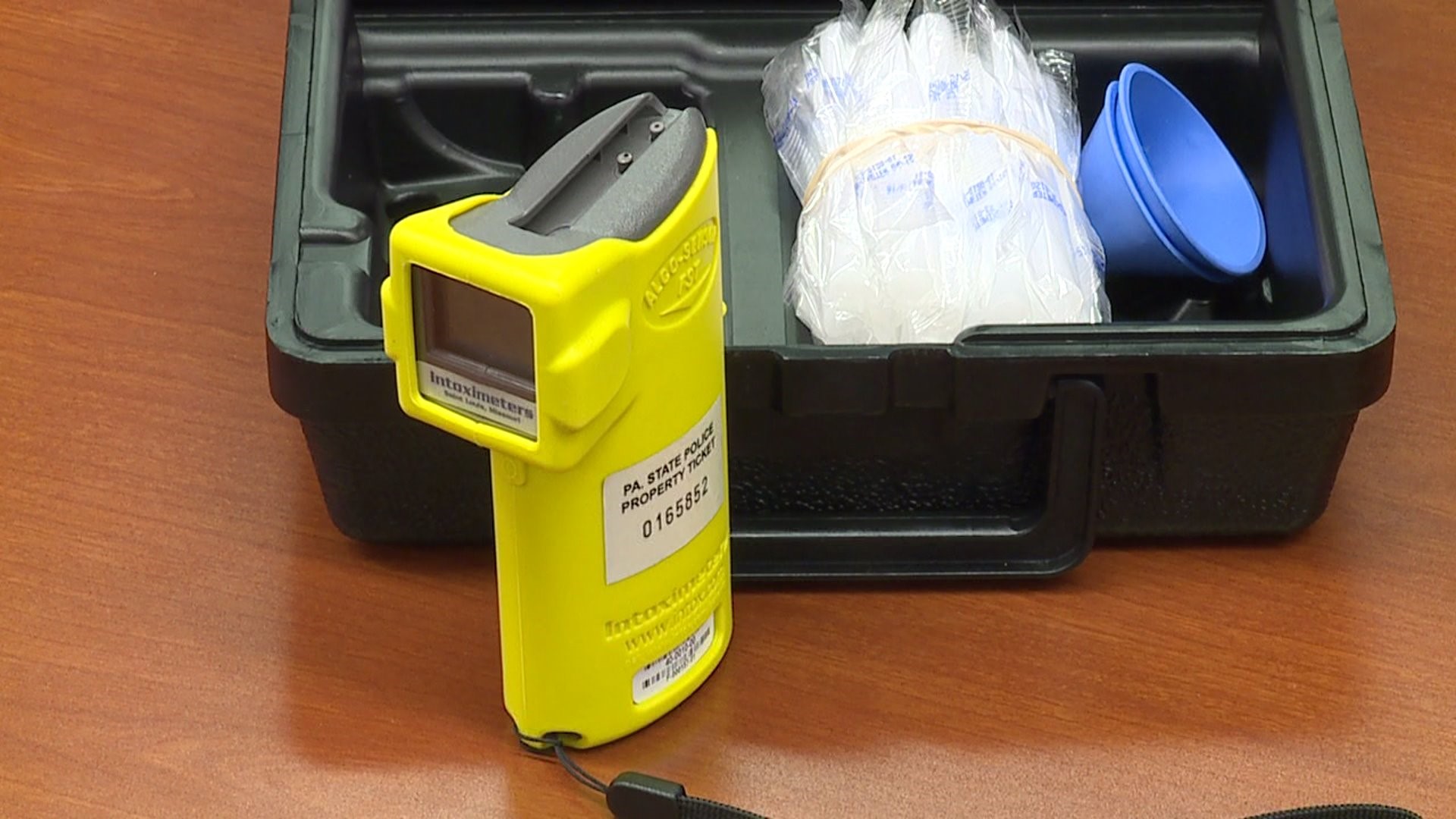
In State v. Manlove, the Division III Court of Appeals held that a upward sentencing enhancement applies to Residential Burglary and other property crimes if a jury finds the defendant’s conduct during the commission of crime manifested deliberate cruelty to the victim.
In 2005, Paula Parker and her then-husband purchased a remote cabin on forty acres in Stevens County, Washington. The couple became acquainted with their neighbor, David Manlove, whose home lay a half mile from Parker’s cabin.
Paula Parker divorced in 2011, and she retained sole custody of the cabin. Parker and Manlove occasionally joined one another at each other’s homes for dinner. The two enjoyed a pastoral, idyllic, and platonic relationship, until . . .
Paula Parker went on vacation from June 19 to July 2, 2013 and returned to her cabin the morning of July 3. Once inside her home, Parker discovered her cabin was ransacked. Property was destroyed. The intruder left a hand-rolled cigarette. Paula realized her neighbor, David Manlove, smoked similar cigarettes.
Parker contacted police and informed them she believed the culprit was Manlove. She avoided her home for a few days.
On July 7, she returned home. Again, her house was ransacked. The damage was even more extensive this time. The intruder shredded Paula Parker’s medical records, high school diploma, and college degree. Parker kept her mother’s ashes in an urn, and the prowler dumped the ashes onto the floor.
After surveying the damage at Paula Parker’s cabin on July 8, 2013, Stevens County sheriff deputies traveled to David Manlove’s home. When asked why he damaged Paula Parker’s home, Manlove responded, “It’s my mountain.” When arrested, Manlove repeated several times: “It’s my mountain so there’s no crime.”
Law enforcement obtained two search warrants for David Manlove’s home. Officers seized many items that belonged to Paula Parker, including a hatchet, a chainsaw, a veil for a belly dancing costume, a mortar and pestle, journals, and jewelry. Officers also found marijuana plants and a rifle.
David Manlove was charged with Residential Burglary, Unlawful Possession of a Firearm in the Second Degree, Possession of more than Forty Grams of Marijuana, Possession of Stolen Property in the Third Degree, and Malicious Mischief in the First Degree. The State further alleged that Manlove committed Residential Burglary with deliberate cruelty in violation of RCW 9.94A.535(3)(a).
The trial court found Manlove competent to stand trial after an evaluation by Eastern State Hospital. At the close of trial, the trial court instructed the jury that: “Deliberate cruelty” means gratuitous violence ,or other conduct which inflicts physical, psychological, or emotional pain as an end in itself, and which goes beyond what is inherent in the elements of the crime or is normally associated with the commission of the crime. Clerk’s Papers (CP) at 177. The jury found David Manlove guilty as charged.
On appeal, the issue was whether the aggravating factor of deliberate cruelty under RCW 9.94A.535(3)(a) applies to Residential Burglary.
The Court of Appeals decided, “Yes.” They gave two reasons why, under appropriate circumstances, the deliberate cruelty aggravating factor may apply to a property crimes. First, when the legislature desired to limit the application of an aggravating factor to certain offenses, it expressly provided that limitation in the statute. Second, the statute allows a sentence enhancement when the current offense is a burglary and the victim ofthe burglary was present in the building or residence when the crime was committed.
The Court affirmed Manlove’s convictions and sentence, including the enhancement for deliberate cruelty.
Please contact my office if you, a friend or family member are charged with a crime. Hiring an effective and competent defense attorney is the first and best step toward justice.














